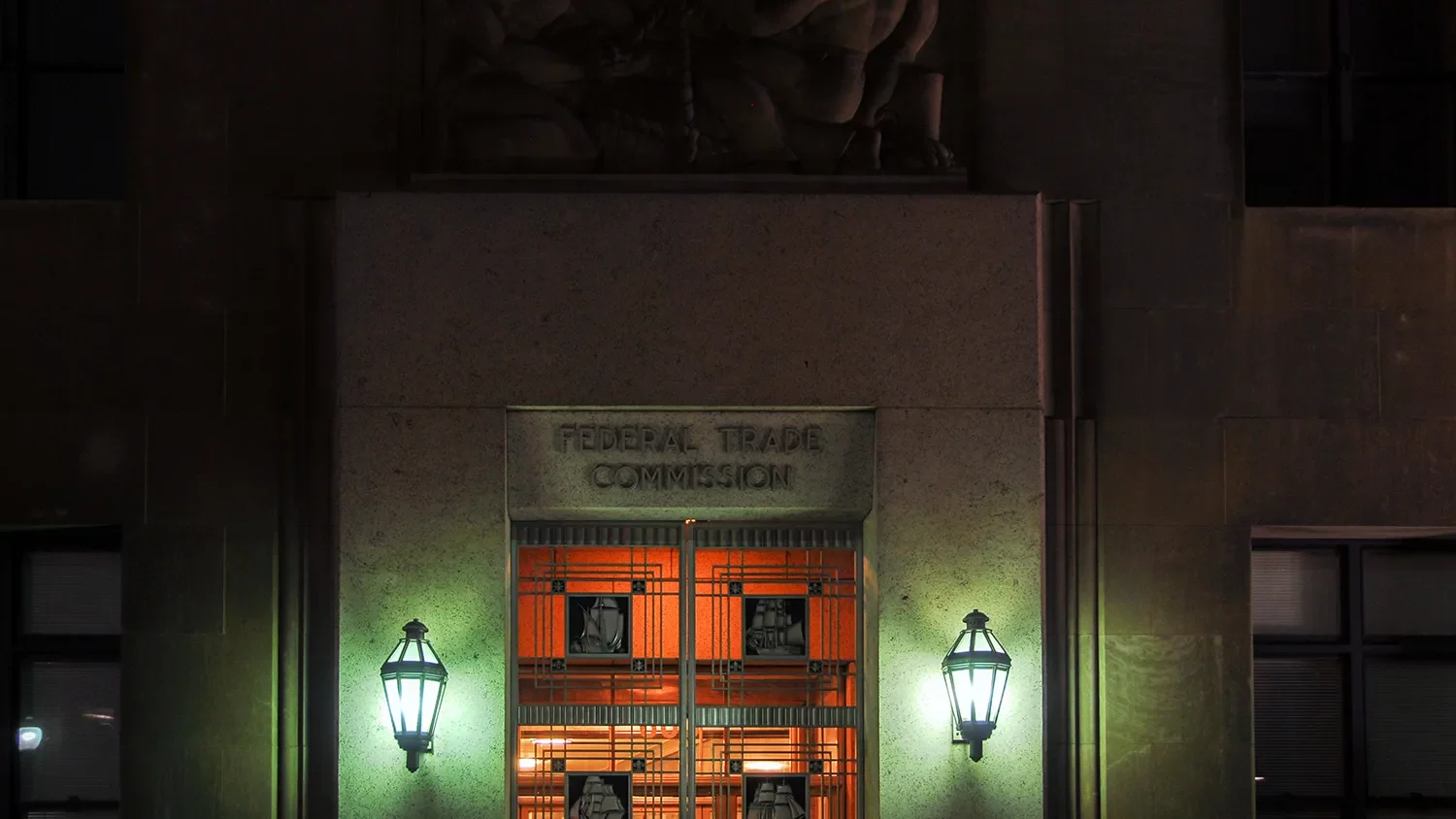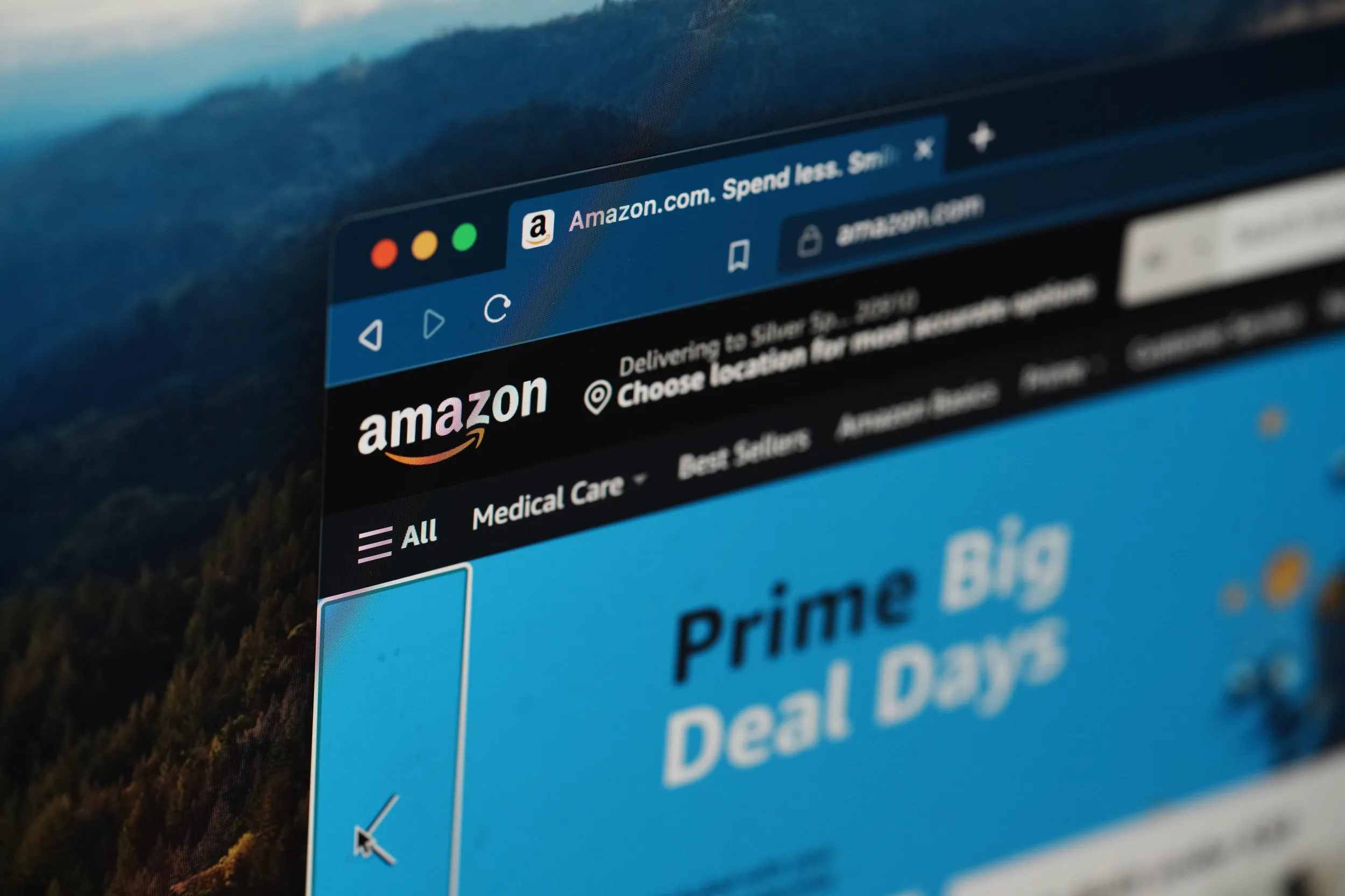The FTC’s Amazon Complaint – Market Definition Pulled Out of a Hat

Consider the mindset of the modern consumer and decide for yourself how peculiar the FTC’s market definition can be in its lawsuit against Amazon, which is expected to be announced in the coming weeks. Under long standing American antitrust jurisprudence, the FTC must define the relevant market in which a company is supposed to have monopoly power. As reported, in the Amazon suit the FTC is expected to invent a new relevant market along the lines of “Big Box Store Online and Retail”.
This potential market definition would seem to be forced when you apply it to the modern consumer. When an Amazon Prime subscriber decides that they want to buy a shaving razor, for example, they do not just consider “Big Box Store Online and Retail” stores. If the consumer needs the razor immediately, they may go to a retail store down the corner, look online at these retail stores’ webpage, or they may do one-day shipping on Amazon. If price is the deciding factor, they may look both online and in retail stores to determine the cheapest price for the best quality razor. The customer might also check a razor specialty site. It appears as if the FTC wants to conjure up a tailored marketplace just for their complaint against Amazon to fit their needs.
Recent research shows that customers look at both online and brick-and-mortar options for their retail shopping; it does not support the notion that competition can be cabinned within the “Big Box Stores Online and Retail” concept of the FTC. In reality, the retail market is omnichannel, integrating many different methods of interaction available to consumers with broad and varied choices. In fact, online and in-person retail prices directly relate to each other – demonstrating how these divisions no longer exist for consumers and how the retail market operates in the economy.
The FTC’s expected market definition also fails when one considers how Small and Medium Sized Businesses (SMBs) choose to distribute their products. SMBs want to sell their goods for the best price at the highest volume. They do not care if they sell to “Big Box Stores Online and Retail,” or to small drug stores, or on Shopify or Amazon. SMBs will seek the best deals and are certainly not locked into a specific retail marketplace where they can only sell to Amazon, Costco, or Walmart. SMB’s will shift when new opportunities arise regardless of any artificial markets proposed in federal court. Further, the e-commerce tools provided by Amazon and other e-retailers – known as the “E-Commerce Effect” – have directly benefited SMB’s in recent years.
The FTC’s market definition in this case will be vigorously tested in federal court. Based on existing antitrust case law, the court should firmly reject novel market definition theories the agency cannot substantiate.







